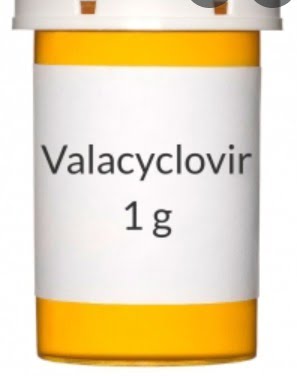Browsing: Genital Herpes
Comprehensive Information, Resources, and Support on Genital Herpes
The antiviral drug valacyclovir is used to treat infections caused by the varicella-zoster virus, also known as chickenpox or HSV (herpes…
Frequently Asked Questions (FAQs) About Genital Herpes: DiseaseFix Fact Sheet
Here are some top questions people usually seek answer for in genital herpes. Genital herpes is a sexually transmitted disease (STD) caused by two types of viruses. The viruses are called herpes simplex virus type 1 (HSV-1) and herpes simplex virus type 2 (HSV-2). There is no cure for this disease.
Genital herpes is one of the most common types of STDs which is caused by a virus known as herpes simplex virus (HSV). The disease tends to cause sores on the genital or rectal area, thighs and buttocks. A person can easily get the disease from another infected person through sexual intercourse.
Herpes simplex virus type 2 (HSV-2) has a characteristic of getting transmitted by “skin-to-skin” contact. It can be transmitted even when there are no herpes lesions visible on the skin. Although HSV-2 is rarely contracted through oral sex, transmission is possible orally in some cases, if one of the sex partners is having genital herpes.
Herpes simplex virus 2 (HSV2) Herpes simplex virus 2 is a sexually transmitted virus. The virus is transmitted through direct…
What is an HSV 2 Outbreak? How often do HSV 2 outbreaks occur?
Most of the individuals infected with HSV don’t have any symptoms or experience very mild symptoms that go unnoticed or sometimes are mistaken for another skin condition. In case of appearance of the symptoms, herpes lesions typically appear as one or more vesicles, or small classical blisters, on or around the genitals, rectum or mouth.
Herpes simplex viruses are very common, host-adapted pathogens that cause a wide variety of disease conditions. There are two different types of herpes viruses: herpes simplex virus type 1 (HSV-1) and herpes simplex virus type 2 (HSV-2). Both are closely related but differ in epidemiology. HSV-1 is more commonly associated with orofacial disease.










